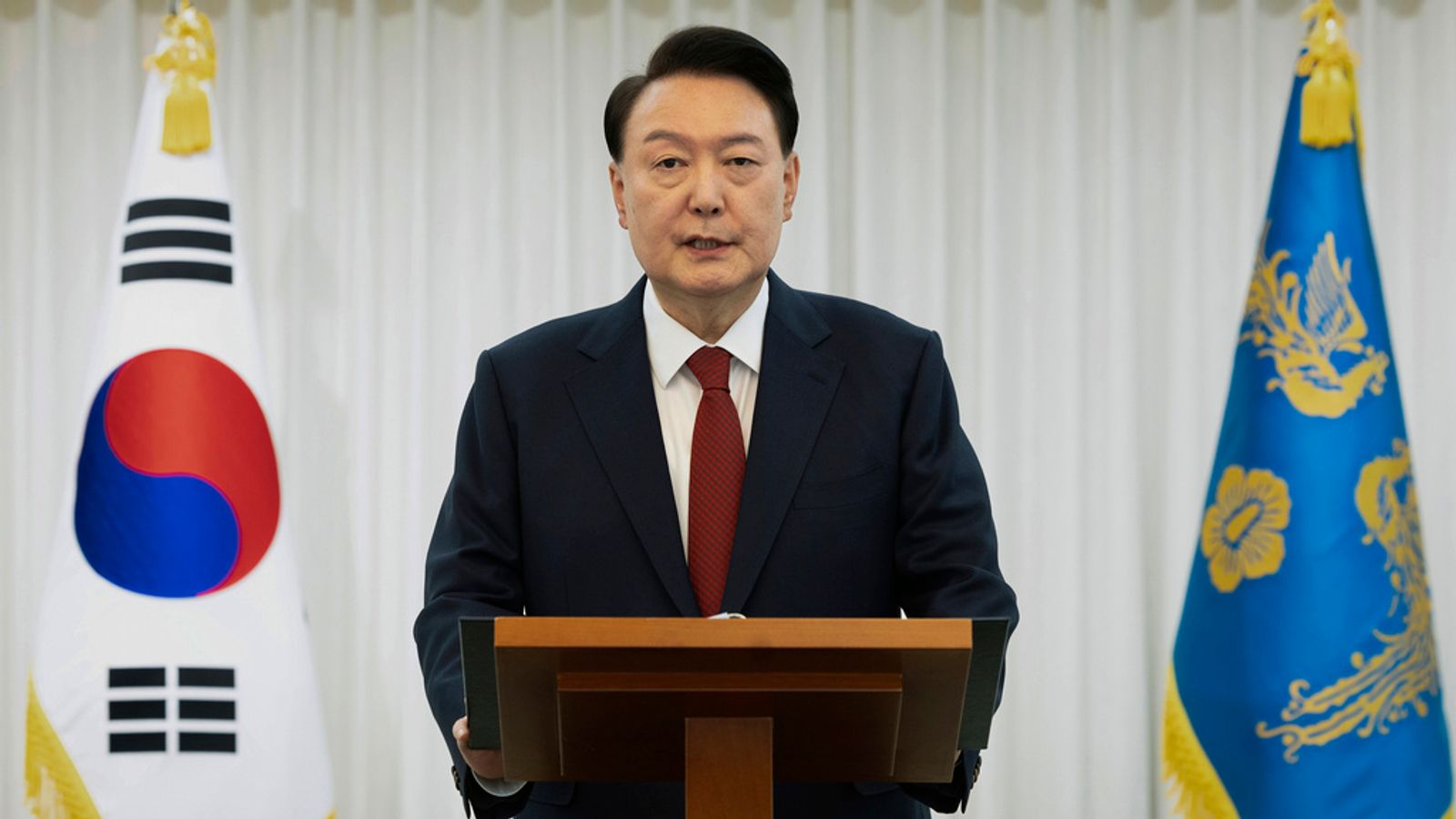A South Korean court has cancelled the arrest warrant for impeached President Yoon Suk Yeol, raising questions about the legality of his detention. Yoon was arrested in mid-January on insurrection charges after declaring and then quickly lifting martial law. The Seoul Central District Court ruled that his indictment was filed after his initial detention period had expired. Additionally, the court pointed out procedural concerns with the investigation, which involved two separate agencies, further complicating the case.
Historic Arrest and Legal Battle Over Yoon’s Detention and Release
On January 15, Yoon became the first sitting South Korean president to be arrested on criminal charges. His detention followed a dramatic standoff between presidential guards and law enforcement officials attempting to take him into custody. The court’s decision to cancel his arrest was welcomed by Yoon’s legal team, who stated that it reaffirmed the strength of the country’s legal system. However, his immediate release remains uncertain, as prosecutors still have the option to appeal the ruling.

Yoon’s defence team argued that a warrant issued on January 19, which extended his detention, was invalid due to procedural flaws in the prosecution’s request. The court found merit in this argument, leading to the cancellation of his arrest warrant. While prosecutors have not yet commented on the ruling, they may challenge the decision, which could prolong Yoon’s time in custody despite the court’s verdict.
Martial Law Declaration and Impeachment Leave Yoon’s Political Future Uncertain
Yoon’s legal troubles began when he declared martial law on December 3, claiming it was necessary to suppress “anti-state” elements. However, he lifted the decree just six hours later after parliament voted against it. Despite his claims that he never intended to enforce full military rule, the move sparked political outrage. This led to his impeachment by the opposition-controlled parliament, which accused him of violating his constitutional duties.
While the arrest warrant has been cancelled, Yoon’s political future remains in limbo. The Constitutional Court is expected to rule soon on his impeachment, which will determine whether he can return to office or be permanently removed. The outcome of the court’s ruling will have significant implications for South Korean politics, as it will shape the balance of power and the limits of presidential authority in the country’s democratic system.


